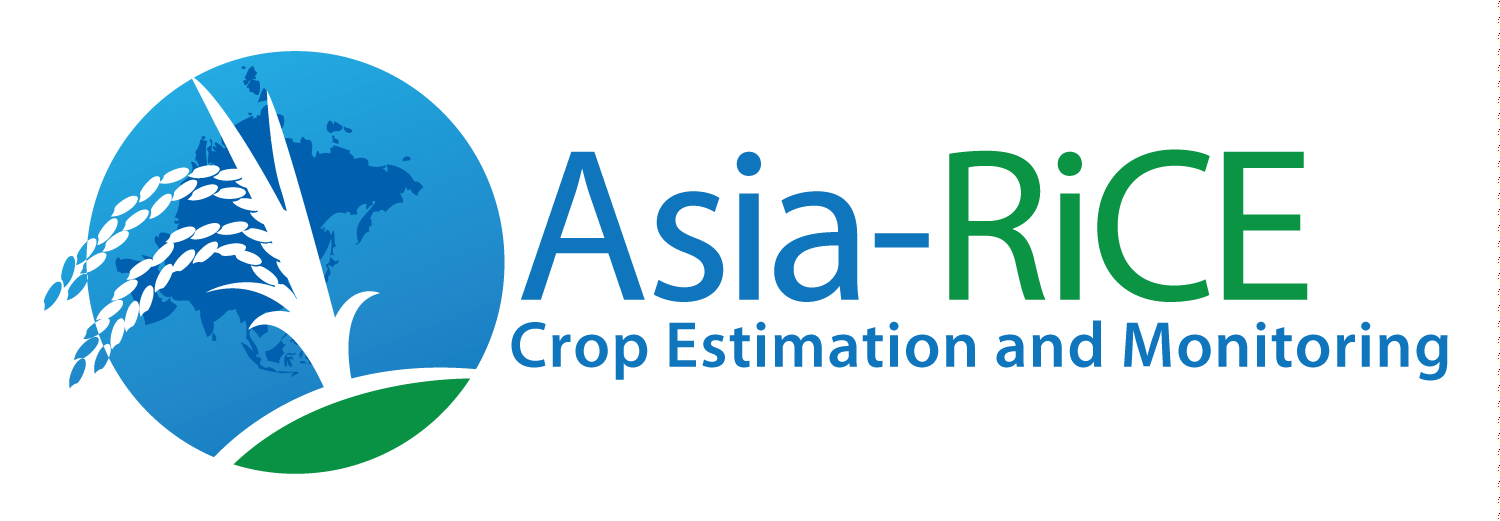The Space Applications for Environment (SAFE) Executive Board Meeting 2023 was a virtual meeting held June 21, 2023, convened by SAFE Co-Chairs, Dr. Shin-ichi Sobue from JAXA and Dr. Rajeev Jaiswal from ISRO. Dr. Sobue emphasised the importance of the meeting in preparing for APRSAF-29, which is scheduled to be held in the week of September 17, 2023.
During the meeting, updates were provided on three SAFE activity areas: Agromet, Rice Crop Monitoring, and CH4Rice. These projects align with the regional development agenda, a priority for SAFE.
The first report focused on the SAFE Agromet Project presented by Shashikant Sharma from ISRO. The project aims to provide space-based agrometeorological information to support monthly rice crop outlook activity in Asia-Pacific countries. The team has completed comparisons between ISRO, JAXA, and GISTDA Agromet products, confirming their characteristics and interoperability. The team plans to consider further comparisons with in situ data in other regions. ISRO’s precipitation data provision system on Visualisation of Earth Observation Data and Archival System (VEDAS) has been developed and made available to the public, facilitating the generation of monthly Rice Growing Outlook reports by ASEAN agricultural statisticians and the ASEAN Food Security Information System (AFSIS). The project has seen successful collaboration with the AFSIS and plans to expand its target countries and include maize crops in the future.
Kanjana Koedkurang from GISTDA reported on the SAFE Rice Monitoring Project. The project focuses on comparing rice map products from GISTDA and JAXA to identify changes in cropping patterns and investigate the factors behind these changes. Training data for machine learning is being prepared by JAXA in collaboration with AFSIS, and the project aims to extend these activities to the ASEAN region to improve agricultural statistics. GISTDA is preparing a proposal for the improvement of paddy rice area statistics and damage assessment using Earth observation satellite data, which will be submitted to the Japan-ASEAN Integration Fund (JAIF).
Mukesh Kumar from the Agriculture, Forestry and Ecosystem Sciences and Applications Group (AESG) presented the latest result of paddy planted area classification method using machine learning (ML) and ALOS-2 data. Comparing classification algorithms, RF-AutoML (SAC-ISRO) achieved an impressive 88% test accuracy, surpassing Decision Tree (DT) at 40% and RF (JAXA) at 75% in Odisha study regions. Moreover, RF-AutoML (ISRO) showcased approximately 3% higher accuracy than RF-GEE (JAXA) in southern India’s Samba rice test site, utilising ALOS-2 SAR data.
ISRO expressed its appreciation to JAXA for sharing ALOS-2 data for the Asian region from 2018 to 2022. ISRO has converted the data into σ° and made available on the VEDAS portal. Users can visualise and perform high-speed spatio-temporal analysis of ALOS-2 data seamlessly on the VEDAS portal. ISRO acknowledges the value of this initiative in driving sustainable development and enhancing disaster management capabilities in the region and beyond.
Lam Dao Nguyen from VNSC reported on the SAFE CH4Rice Project. This project focuses on estimating methane emissions from rice paddies using remote sensing. The team plans to develop a methodology for estimating CH4 emissions, share data and knowledge, and promote dialogue with stakeholders and end-users. Test sites have been selected in India, Indonesia, Thailand, Bangladesh, and Vietnam. The project is in the formulation phase, and JAXA has begun observing the test sites using ALOS-2 satellite data regularly.
Participants discussed the broadly shared need for additional ground-based data, potential collaboration with other countries, and the importance of changing water levels and soil temperature for methane emissions.
Overall, the meeting presented a positive outlook for the SAFE projects. The teams expressed their commitment to further collaboration, capacity building, and knowledge sharing to achieve shared regional development goals.
